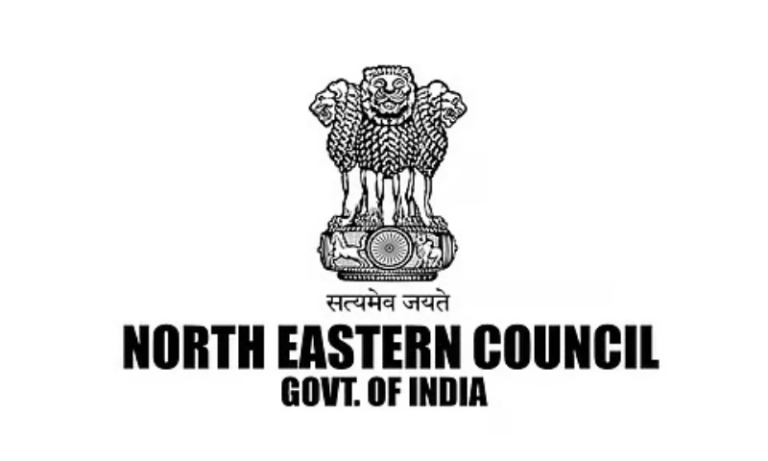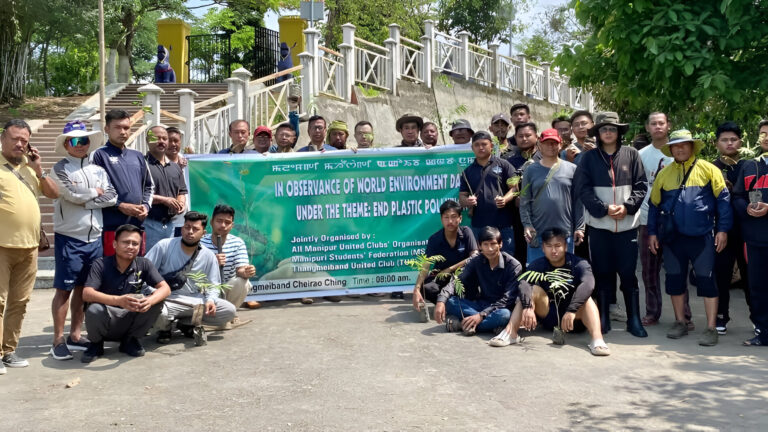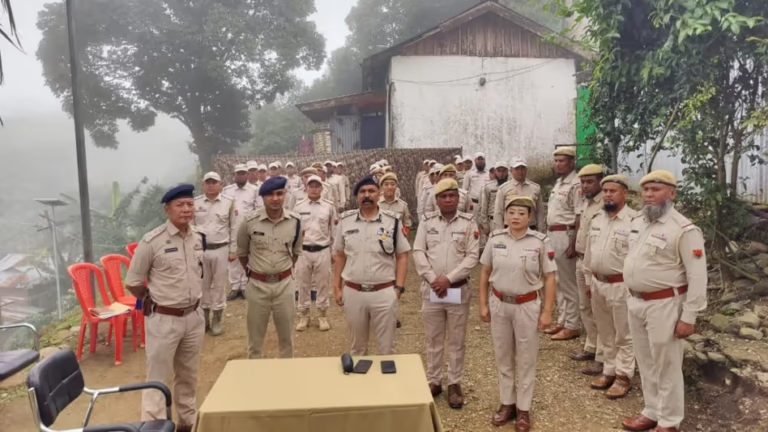Manipur Civil Society Groups Demand Probe into MSPCL Corruption Allegations
In a recent development, several civil society organizations in Manipur have urged Governor Ajay Kumar Bhalla to initiate an immediate investigation into serious corruption allegations against Ng. Subhachandra Singh, the Managing Director of Manipur State Power Company Limited (MSPCL). The groups allege that Singh solicited bribes ranging from ₹8.3 lakh to ₹22 lakh from approximately 250 employees in exchange for promotions and salary increments. They are calling for a high-level departmental inquiry and the suspension of the accused officials during the investigation to ensure transparency and prevent any interference.
Unveiling the Allegations: A Deep Dive into MSPCL’s Corruption Scandal
Corruption has long been a thorn in the side of progress, and the recent allegations against Ng. Subhachandra Singh have brought this issue to the forefront in Manipur. According to a report by the Imphal Times dated March 29, 2025, Singh is accused of demanding substantial bribes from MSPCL employees as a quid pro quo for promotions and salary hikes. The figures are staggering, with bribes allegedly ranging between ₹8.3 lakh and ₹22 lakh from around 250 employees.
The Modus Operandi: How the Alleged Corruption Unfolded
Delving deeper into the mechanics of the alleged corruption, it’s reported that nearly 280 employees received promotions under dubious circumstances. While these employees met the standard eligibility criteria, Singh purportedly exploited his discretionary powers to selectively promote certain individuals while sidelining others. This selective advancement raises questions about the fairness and integrity of the promotion process within MSPCL.
Financial Irregularities: Questionable Salary Hikes
Further compounding the issue are reports of financial irregularities concerning salary increments. Specifically, 227 Watchman-Cum-Cleaning Assistants and 18 Computer Operators reportedly received salary hikes under questionable conditions. Such actions not only strain the company’s financial resources but also demoralize other employees who adhere to ethical practices.
Civil Society’s Response: A Call for Immediate Action
In response to these alarming revelations, various civil society groups conducted their own inquiries, uncovering what they claim to be substantial evidence supporting the corruption charges against Singh. Viewing these actions as a severe abuse of power and a betrayal of public trust, they submitted a memorandum to Governor Ajay Kumar Bhalla. The memorandum emphatically calls for a high-level departmental inquiry and the suspension of the accused officials during the investigation to prevent any potential interference or evidence tampering.
The Political Climate: Why Timing Matters
The timing of these allegations is particularly significant, as Manipur is currently under President’s Rule. This period is marked by heightened expectations from citizens for decisive action against corruption—a commitment they feel has been neglected by previous administrations. The civil society groups warn that failure to address these issues promptly could erode public trust and set a dangerous precedent for the state’s future governance. Northeast Today
The Signatories: United for Transparency
The memorandum bears the signatures of representatives from various organizations, including:Northeast Today
- All India Tanzem Insa: ManipurNortheast Today
- All Manipur Democratic Students OrganisationNortheast Today+2Northeast Today+2Northeast Today+2
- All Manipur Meitei Pangal Clubs’ OrganisationNortheast Today
- Apunba Aonba Manipur AmagidamakNortheast Today
- Committee of Peaceful Coexistence, ManipurNortheast Today
- Federal Students Organisation, KangleipakNortheast Today
- Federation of Indigenous People’s Democratic MovementNortheast Today
This collective action underscores the widespread concern and demand for accountability within the state’s civil society. Northeast Today
The Broader Implications: Corruption’s Toll on Society
Corruption, especially within public utilities like MSPCL, has far-reaching consequences. It not only undermines the efficiency and effectiveness of essential services but also erodes public trust in institutions. When officials prioritize personal gain over public service, it sets a detrimental precedent, potentially leading to a culture of impunity and further unethical practices.
The Path Forward: Restoring Integrity and Trust
Addressing such allegations requires a multifaceted approach:
- Transparent Investigations: Conducting thorough and impartial inquiries to ascertain the veracity of the claims.
- Accountability Measures: Holding those found guilty accountable through appropriate legal and administrative actions.Northeast Today+1Northeast Today+1
- Systemic Reforms: Implementing policies and mechanisms to prevent future occurrences, such as stricter oversight and whistleblower protection.
- Public Engagement: Keeping the public informed and involved in the process to rebuild trust and demonstrate a commitment to transparency.
Conclusion: A Defining Moment for Manipur
The unfolding situation with MSPCL serves as a critical test for Manipur’s commitment to good governance and anti-corruption. How the authorities respond will not only impact the immediate stakeholders but also set the tone for the state’s administrative integrity in the years to come. It’s a moment that calls for decisive action, transparency, and a reaffirmation of the principles of public service.
Frequently Asked Questions (FAQs)
- What triggered the inquiry into the MSPCL MD?
The inquiry was prompted by a memorandum submitted to the Governor by concerned citizens and political leaders, highlighting alleged financial irregularities and mismanagement within MSPCL. - How might this inquiry affect the power supply in Manipur?
While the inquiry may lead to temporary operational adjustments, its long-term goal is to improve accountability and efficiency, thereby strengthening the reliability of power distribution in the state. - What are the key allegations against the MSPCL MD?
The main allegations include financial misappropriation, procurement irregularities, and overall mismanagement of resources intended for improving and maintaining the power infrastructure. - How can the public ensure that the inquiry remains transparent?
Public pressure, regular updates from the government, and active involvement by independent oversight bodies can help ensure that the inquiry is conducted with full transparency and due process. - What reforms are being suggested to prevent future occurrences of such corruption?
Experts are calling for robust audit systems, modernized governance practices, stronger whistleblower protections, and regular ethical training for public officials to prevent future instances of corruption.





